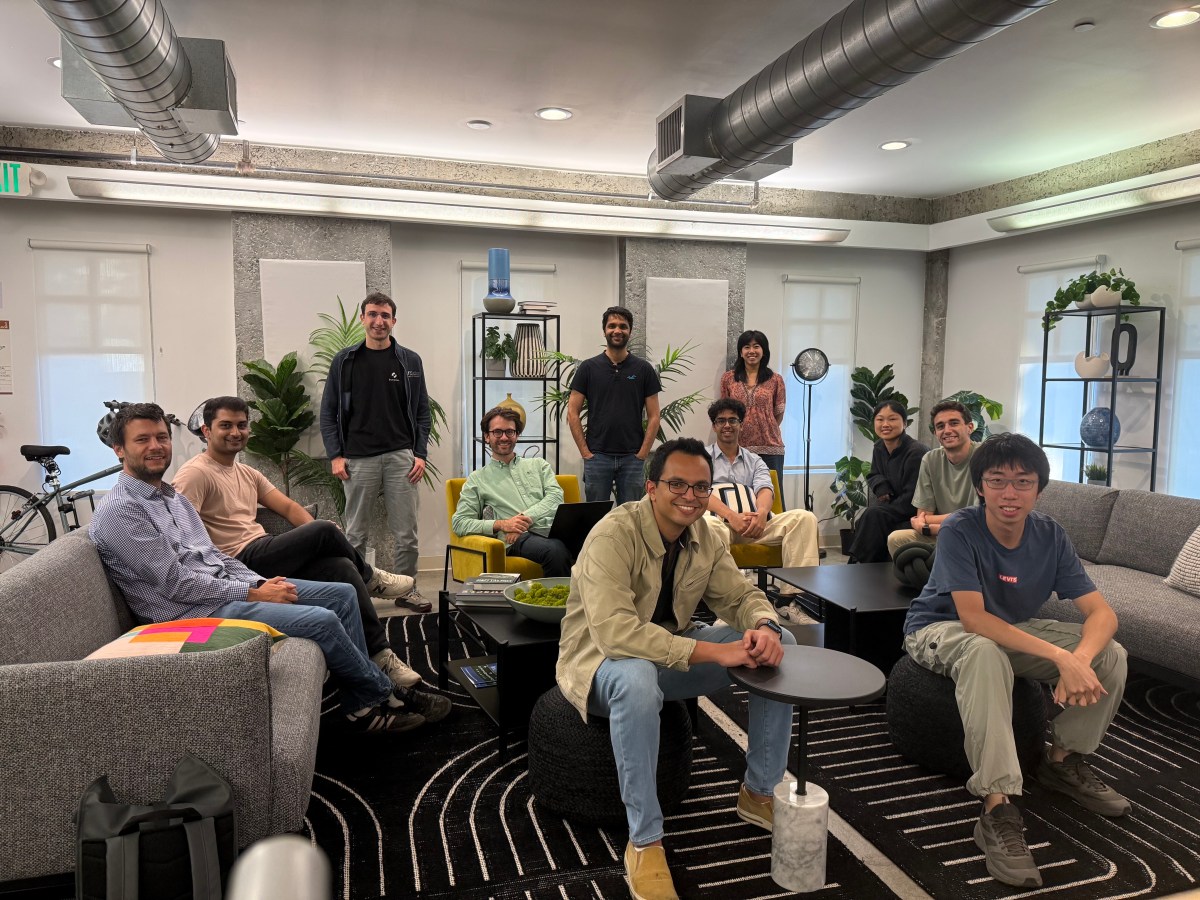Inception Secures $50 Million to Advance Diffusion AI for Code and Text

Key Points
- Inception raised $50 million in a seed round led by Menlo Ventures.
- Backers include Mayfield, Innovation Endeavors, Microsoft M12, Snowflake Ventures, Databricks Investment, Nvidia NVentures, Andrew Ng, and Andrej Karpathy.
- The startup is led by Stanford professor Stefano Ermon, a diffusion‑model researcher.
- Inception’s Mercury model targets software development and has been integrated into ProxyAI, Buildglare, and Kilo Code.
- Diffusion models process data iteratively, offering higher parallelism than traditional autoregressive models.
- Benchmarks claim diffusion‑based AI can achieve over 1,000 tokens per second.
- The approach aims to reduce latency and compute costs for large‑scale code and text tasks.
Inception, an AI startup focused on diffusion‑based models, announced a $50 million seed round led by Menlo Ventures with participation from Mayfield, Innovation Endeavors, Microsoft’s M12 fund, Snowflake Ventures, Databricks Investment, and Nvidia’s NVentures. Angel investors Andrew Ng and Andrej Karpathy also contributed. The company, led by Stanford professor Stefano Ermon, aims to apply diffusion techniques—traditionally used for image generation—to software development and natural‑language tasks. Its Mercury model has already been integrated into several development tools, and the team claims diffusion models can deliver higher token‑per‑second throughput and lower latency than conventional autoregressive systems.
Funding Round and Backers
Inception raised $50 million in a seed financing round. The round was led by Menlo Ventures and included participation from Mayfield, Innovation Endeavors, Microsoft’s M12 fund, Snowflake Ventures, Databricks Investment, and Nvidia’s venture arm NVentures. Angel investors Andrew Ng and Andrej Karpathy also provided funding.
Leadership and Vision
The company is headed by Stanford professor Stefano Ermon, whose research centers on diffusion models. Ermon explains that diffusion models generate outputs through iterative refinement rather than the word‑by‑word approach of traditional autoregressive models. The startup’s goal is to bring the efficiency and parallelism of diffusion techniques to a broader range of AI tasks, including code generation and text processing.
Technology Focus: Diffusion Models for Code and Text
Diffusion models, previously popular for image‑generation systems such as Stable Diffusion, Midjourney, and Sora, are being repurposed by Inception to handle large‑scale textual and code‑related workloads. Ermon argues that diffusion’s holistic processing can reduce latency and compute costs, offering a different performance profile from the sequential nature of models like GPT‑5 or Gemini.
Product Launch: Mercury Model
Inception released an updated version of its Mercury model, designed specifically for software development. Mercury has already been integrated into development tools including ProxyAI, Buildglare, and Kilo Code. The company highlights that its diffusion‑based approach enables higher token‑per‑second rates, citing benchmark results of “over 1,000 tokens per second,” which it claims surpasses the capabilities of current autoregressive technologies.
Strategic Advantages
The diffusion architecture allows many operations to be processed simultaneously, improving parallelism and potentially lowering latency for complex tasks. Ermon emphasizes that this parallelism translates into faster response times and reduced compute expense, positioning Inception’s models as a cost‑effective alternative for enterprises and developers seeking high‑performance AI solutions.